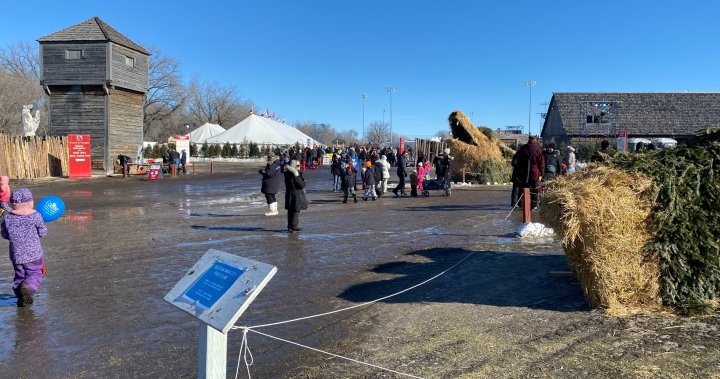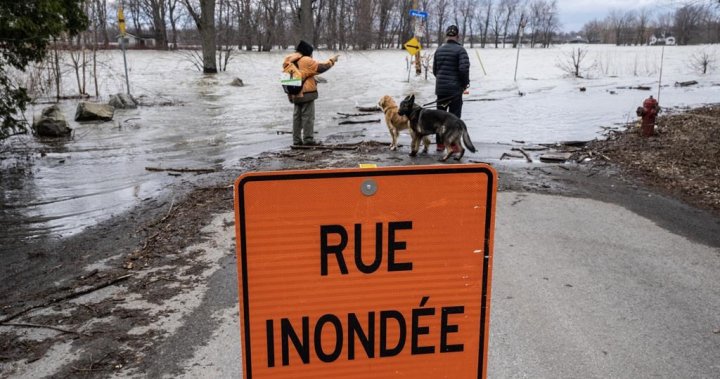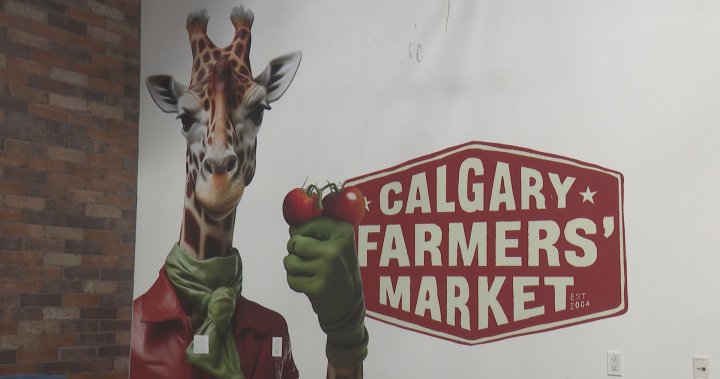The Saskatchewan Human Rights Commission put out a report on a police practice called street checks and the Saskatchewan Police Commission policy associated with it.
Street checks or contact interviews are defined by the Saskatchewan Police Commission as, “A contact with the public initiated by a member of a police service with the intention of gathering information not related to a specific known incident or offence.”
In 2018, the Saskatchewan Police Commission came out with a contact interview policy that was created due to community concerns around street checks in Saskatchewan.
“Contact interviews are appropriately conducted by members only where the subject’s behaviour or the circumstances of the contact cause the member to have a concern as to the subject’s purpose or for the subject’s safety,” the policy says.
The policy said a contact interview can be conducted if a person’s actions or behaviour raise concerns about their purpose or safety, the person seems to be lost, confused or frightened, or if there’s no reason for a person to be in the area, with the policy giving an example of someone in a commercial or industrial area late at night when nothing is open.
The policy lists a number of reasons which would be inappropriate to initiate contact interviews, citing things like people’s age, gender, religion and ethnicity.
The report said SPC’s chair has emphasized the need to avoid racial profiling, saying, “Stopping someone because of some identifiable characteristic that’s protected under the Human Rights Code, including race, would be improper.”
The report said that police services across Saskatchewan recognize that there are concerns around street checks, with many officers feeling like there were misconceptions about them.
“They expressed concern that the perception might exist that contact interviews are the same as carding, and that police are simply engaging in the same practice under a different name,” the report said.
Carding is a term for a historical police practice that no longer exists in Saskatchewan where officers would write down information about people from interactions. If there was a crime in the area officers would go through that information and see if those people could give information or determine if they were a suspect.
In the report, officers were asked how to make improvements to contact interviews or street checks, with one of the main recommendations being to give more training to officers.
“One officer suggested the focus should be on addressing bias in police services and providing training to eradicate it. Another officer felt the solution was to focus on training compassionate officers to carry out contact interviews ethically, according to sound policy, using body cameras, and with civilian oversight and review.”
Other recommendations listed by officers focused on improving relationships, enhancing trust and better addressing community needs.
“Right now, policing is choosing the best of the best. The fastest runner, the strongest, the smartest. That’s not what the community needs. They need compassion, not judgement … You don’t need alpha males. You need compassionate officers who, if they lose an intellectual battle on the street, don’t react,” read one officer’s quote.
“Police need to evolve with what the community expects. If mental health and wellness is part of that, then they have to … work at it. Partner with health [professionals and organizations]. Community policing is responsive to community needs,” read another quote.
A range of community organizations were spoken to in this report regarding contact interviews, including CLASSIC, OUTSaskatoon, Prairie Harm Reduction, chokecherry studios, the Saskatoon Intercultural Association, the Elizabeth Fry Society of Saskatchewan, the John Howard Society of Saskatchewan, the Federation of Sovereign Indigenous Nations, and the Métis Nation of Saskatchewan.
“A representative from one community-based organization told the Commission about a homeless client who was stopped by police and found to have a knife in his bag, which he used in the preparation of food. He was charged for carrying a concealed weapon, then a short time later was stopped for jaywalking,” the report said.
The report said that many organizations spoke about contact interviews and other police-community interactions interchangeably and that there was a lack of awareness that participation in a contact interview was voluntary.
“I‘ve had so many people who do not know that when they are stopped they can say nothing and walk away. A lot of times, people feel bullied or intimidated into it. I have not had a single person that has been stopped that knew it was voluntary,” a representative from a community-based organization said in the report.
It was noted in the report that many people from racialized communities often felt over-policed and over-monitored.
A list of issues that need to be addressed regarding contact interviews included:
- lack of knowledge among the public about contact interviews, and their rights more generally during police-citizen interactions
- additional police training and education
- some uncertainty about the precise use and prevalence of contact interviews
- lack of trust between certain communities and police services
- concerns about information collection and data retention
The report said concerns about street checks have been consistent across Canada, noting that Saskatchewan was not an outlier.
It concluded that the policy provides clear direction on how contact interviews can be done and that statistics show compliance with the policy. It was noted that community relationships and trust are important and that further dialogue and discussion are needed.
The Saskatchewan Association of Chiefs of Police sent out a statement regarding the report, suggesting that other stakeholders should have been approached while putting this report together.
“The SACP recognizes the researchers reached out to some stakeholder groups who represent those citizens who might have felt negatively impacted by this policy but, at the same time, excluded others such as business groups and community association members most impacted by crime in their neighborhoods,” the SACP said.
Chief Rich Lowen, president of the SACP, said it would review the report in greater detail.




